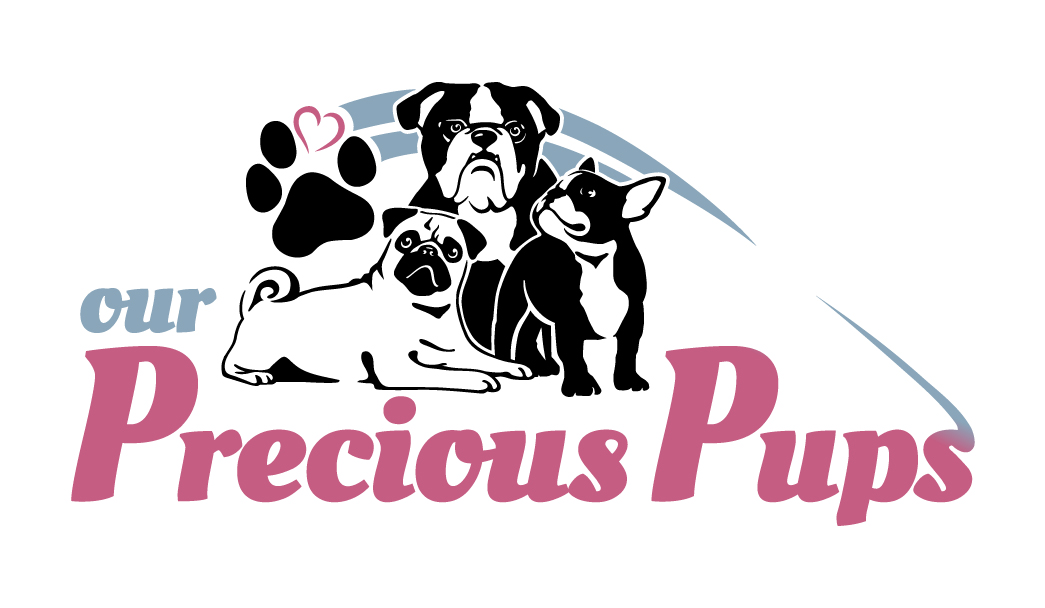The Basics
Remember! Training your puppy starts during the first week the puppy is home, so the first week is critical. You need certain physical items for you puppy right away, such as a dog bed or crate, food and water bowls, puppy chow, collar, leash, toys, etc. Be prepared for the many training opportunities that will arise..An important factor is that all family members must decide, and agree upon the routine, responsibilities and rules for the newest family member. Pre-established rules can be easily broken. For example: Excitement and emotions are up. Everyone wants to feed the puppy, play with puppy and hold the puppy. Everyone will agree that puppy will sleep in his/her crate but as soon as puppy’s home, someone melts and insists that puppy will sleep in their bed. What happens next? No one sleeps the first night. Because puppy wins and gets to sleep in someone’s bed.The next morning we find puppy has urinated and messed all over the bed. So now the following night puppy is banned to her crate. The pup now wimpers and yelps all night. No one will sleep tonight either. Oh no! now your enthusiasm is down. No one wants to get up at the time we agreed upon for that early morning feeding. Now, how will we go about house training puppy? How are we going to get some sleep with her constant whining and barking?
Do's and Dont's
Begin Puppy training as soon as you bring your new puppy home – don’t wait for bad habits to set in! Always put puppy in a crate or small confined area when you can’t be watching him/her.
Set up a small room to be his very own special place for the next couple of months. Paper the entire floor and put his food/water bowls and bed in one corner. Scatter his toys everywhere. Remember make the crate a “happy place” Toys, blankets and treats work wonders.
Take puppy out every two hours for potty breaks – and ALWAYS after eating, sleeping and excited play. Always give lots of praise for toileting on cue and in the right place. Puppy proof your house – keep tempting and dangerous items out of reach and out of sight.
Always correct bad behavior at the moment it’s happening. Use a guttural or growl tone and a loud clap of the hands to correct. Always praise puppy as soon as he/she stops. Remember to end every training session on a positive note – make it lots of FUN! Puppies need lots of sleep. When puppy is sleeping leave him be. When playing with your puppy do so quietly and gently.
NEVER...
Never: Use hands for punishment – hitting, grabbing, dragging and forcing the puppy down creates fearful submission or aggressive retaliation.
Never: Assume that he’ll “grow out” of bad behaviour – it’s your job to teach him right from wrong.
Never: Encourage behaviour in a puppy that you don’t want to see in an adult dog – eg. biting hands, jumping up.
Never: Use your dog’s name in a hostile tone – his name should be a positive.
Never: Reprimand after the fact – if you see evidence, but have missed the bad behavior – it’s too late!
Never: Give your puppy free run of the house – until he knows the rules he will do whatever suits him.
Never: Let your puppy off leash unless the environment is entirely safe and secured.
Never: Leave children in charge of a puppy – adult supervision is imperative.
Never: Rub puppy’s nose in his pee or poop – it’s very traumatizing to the pup and makes NO sense at all.
Never: Give in to your puppy’s demands – if puppy wins, puppy rules!
